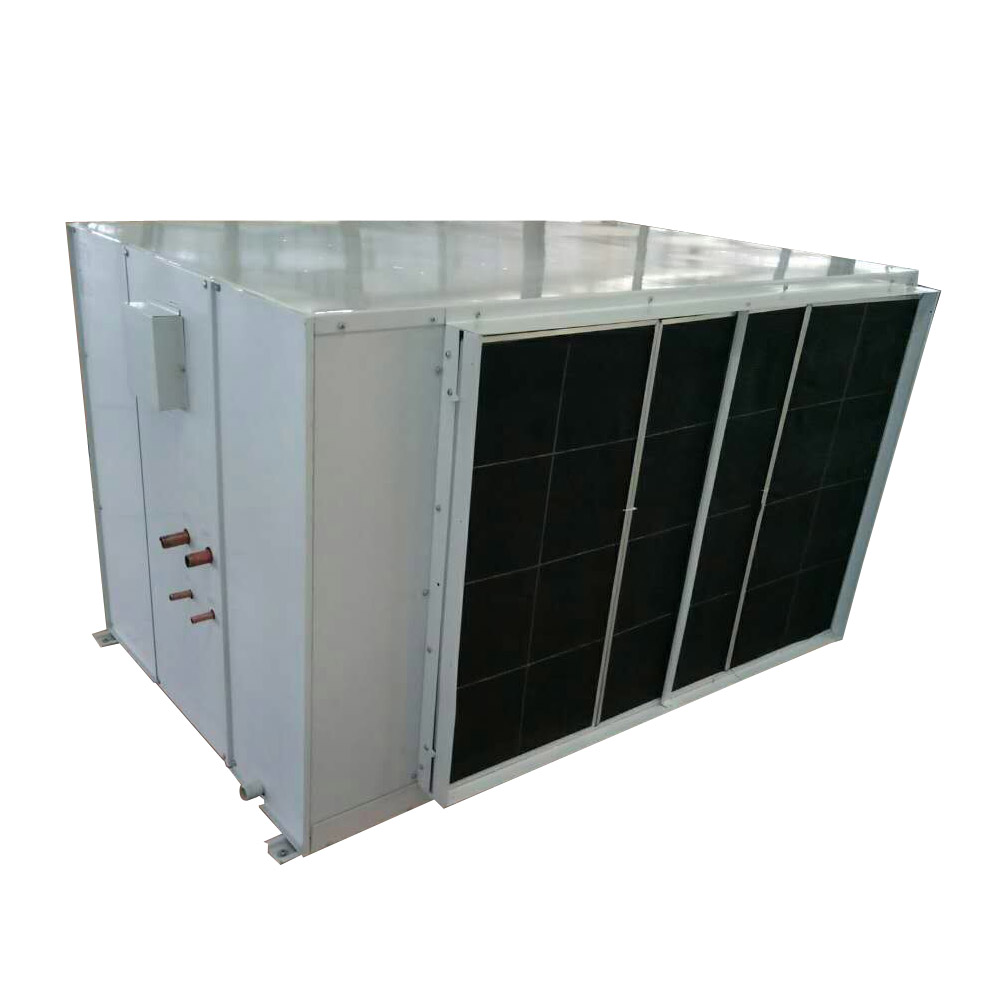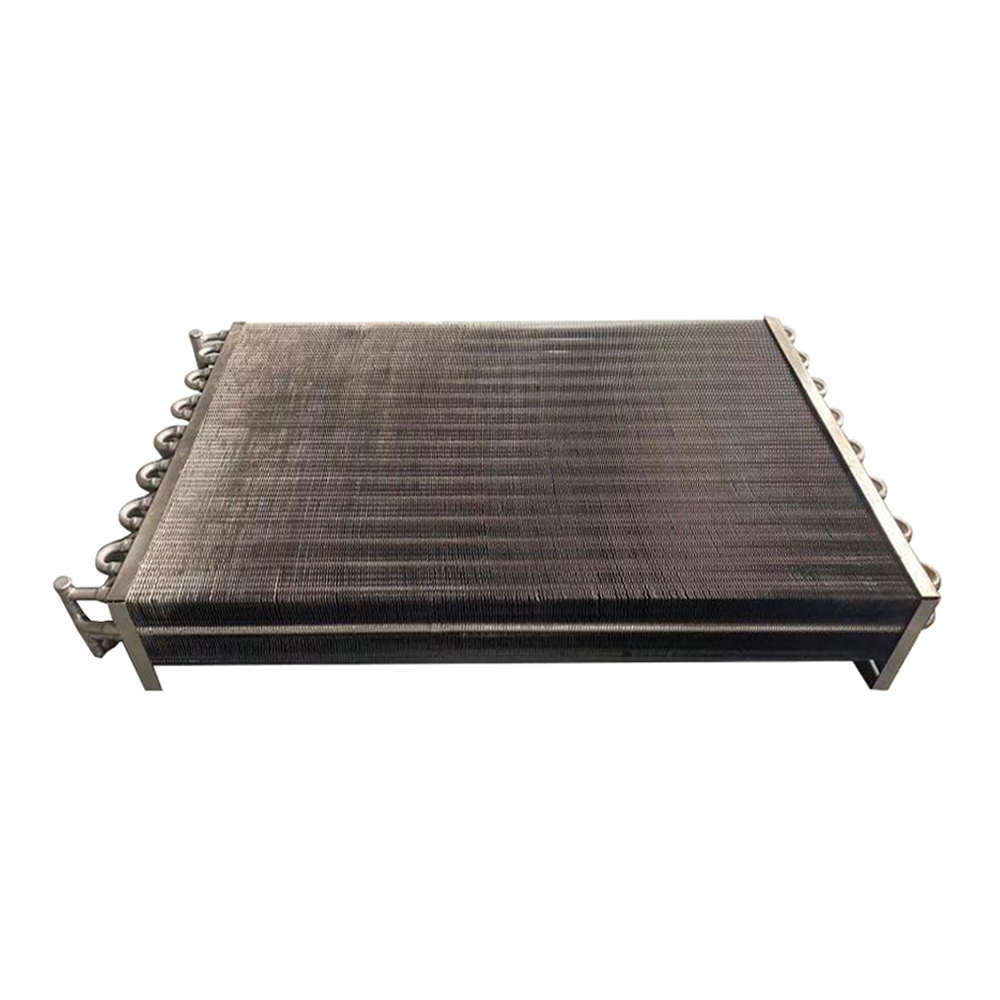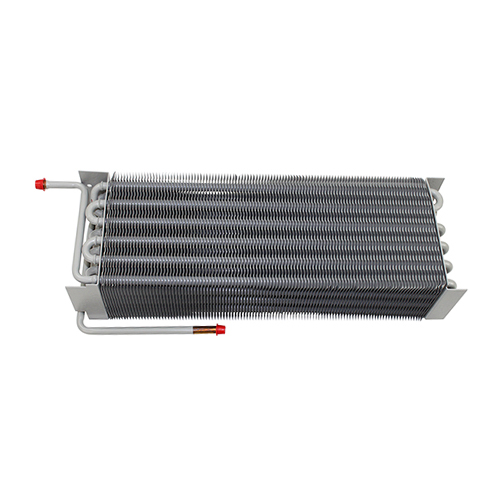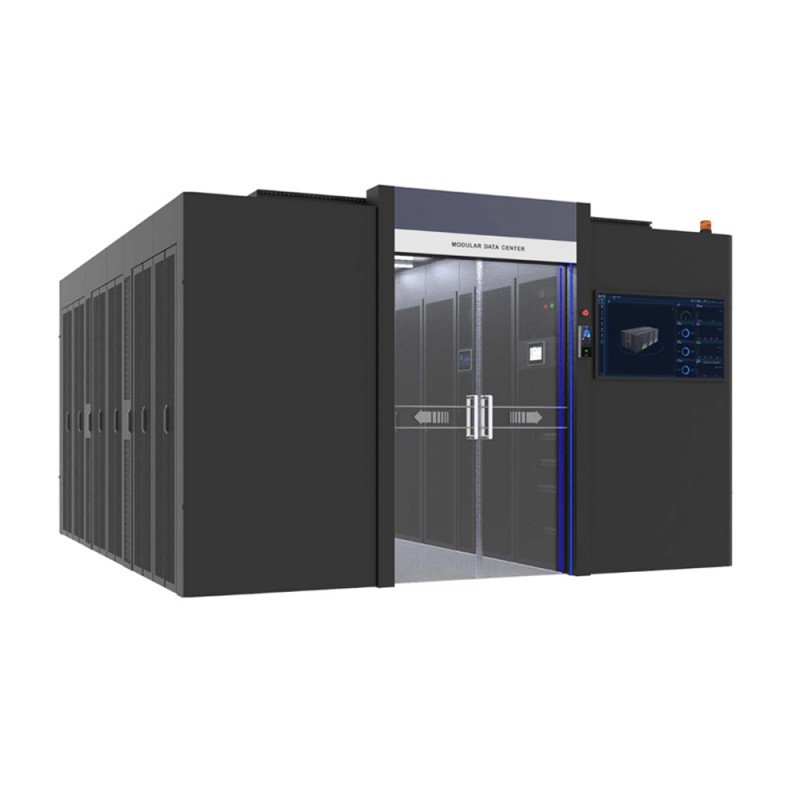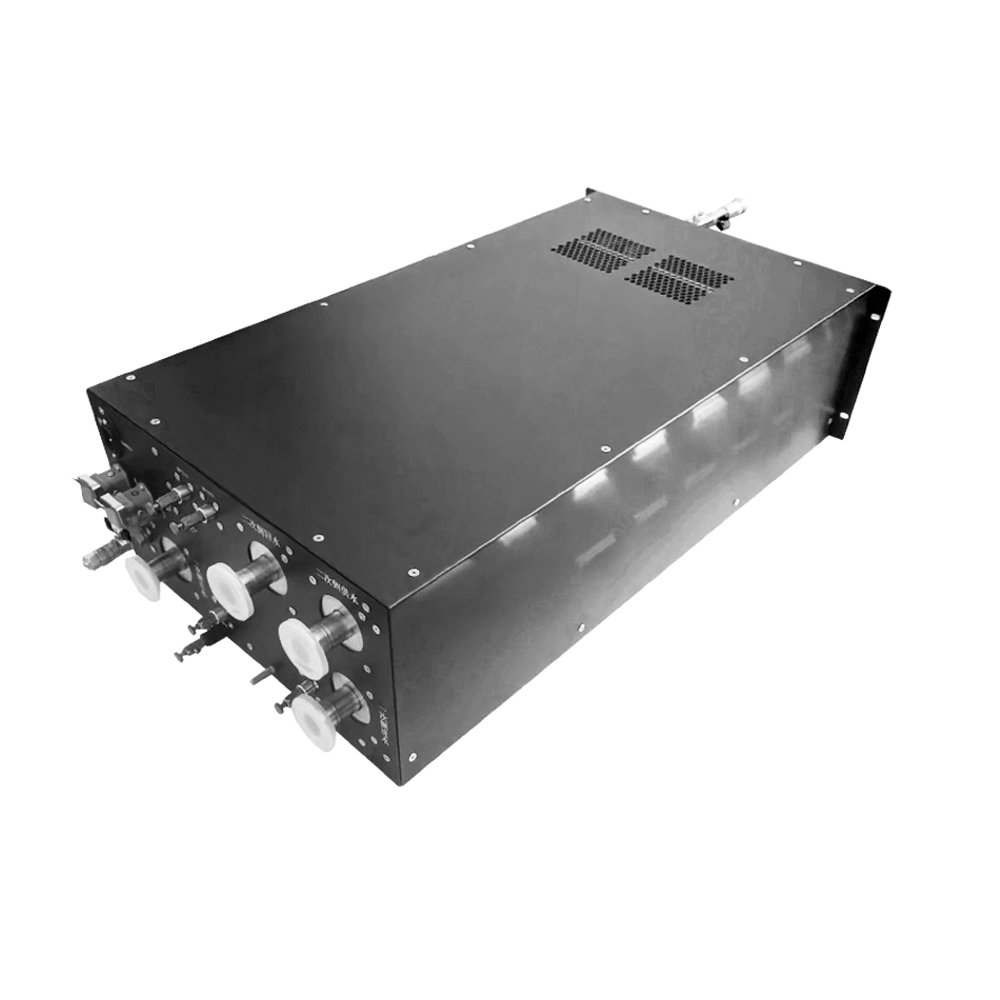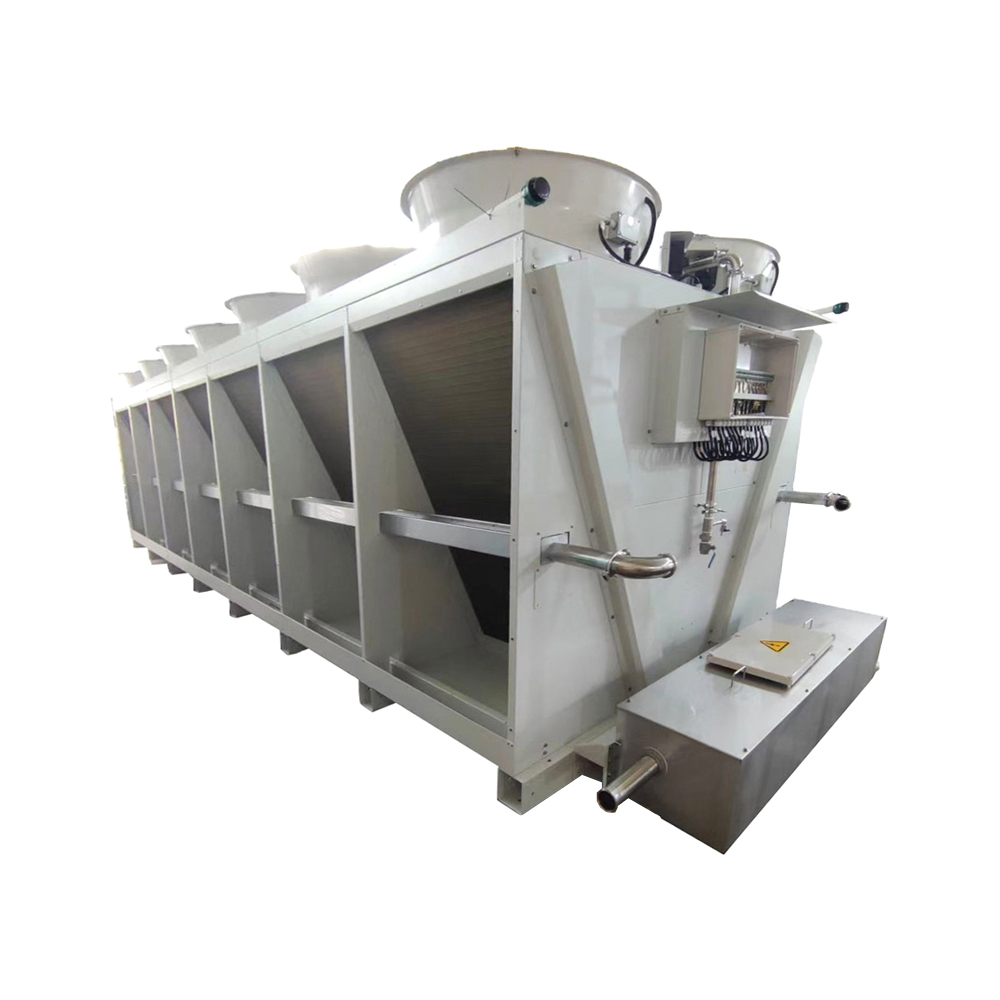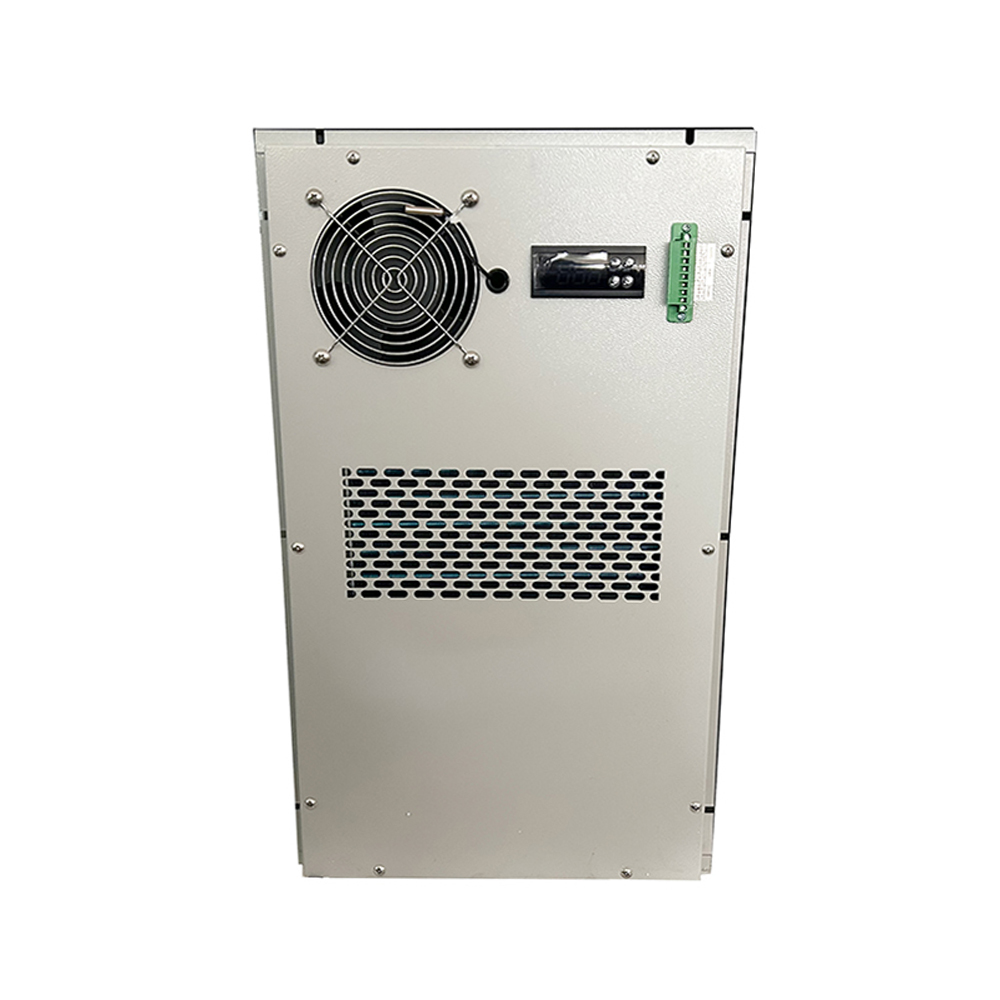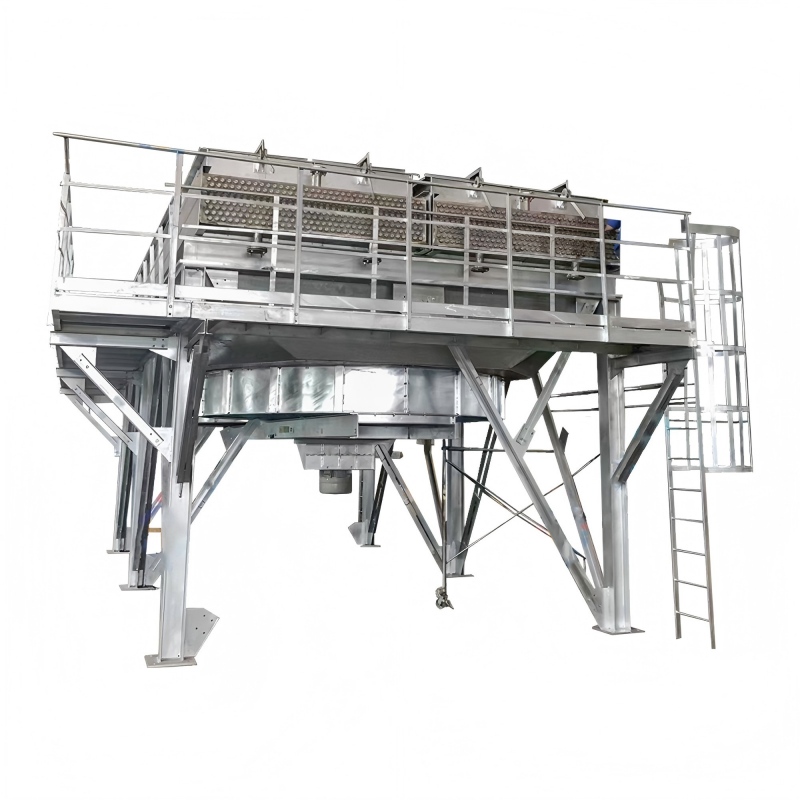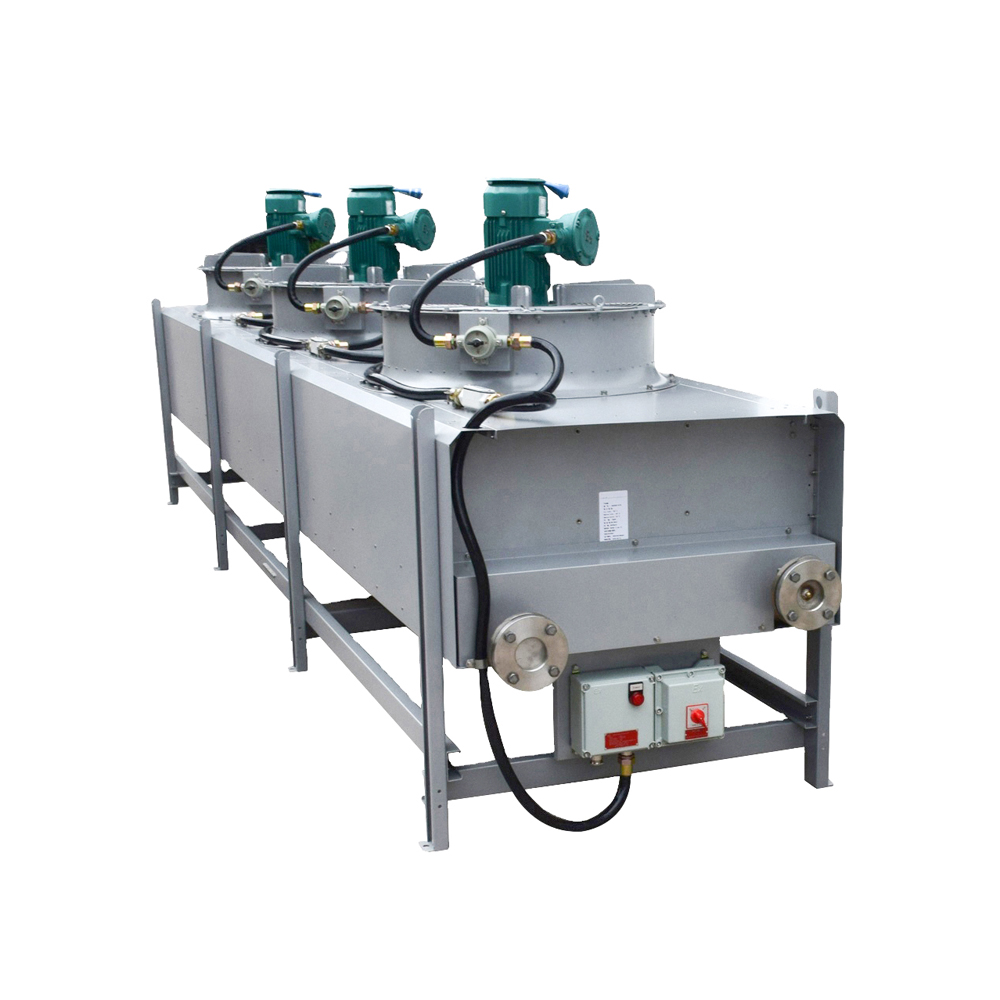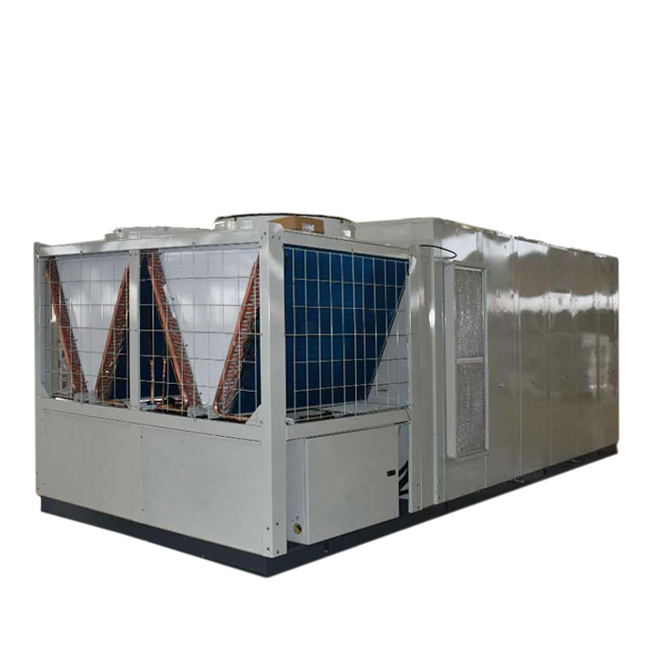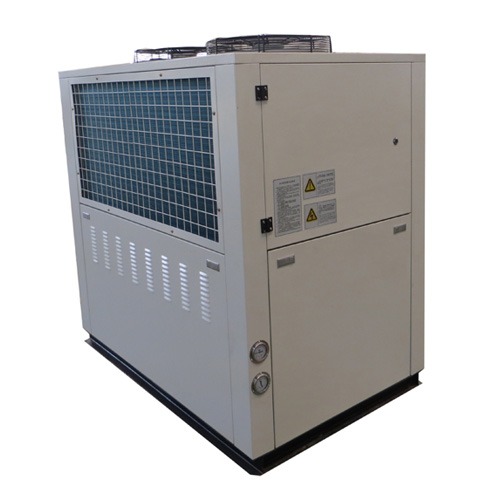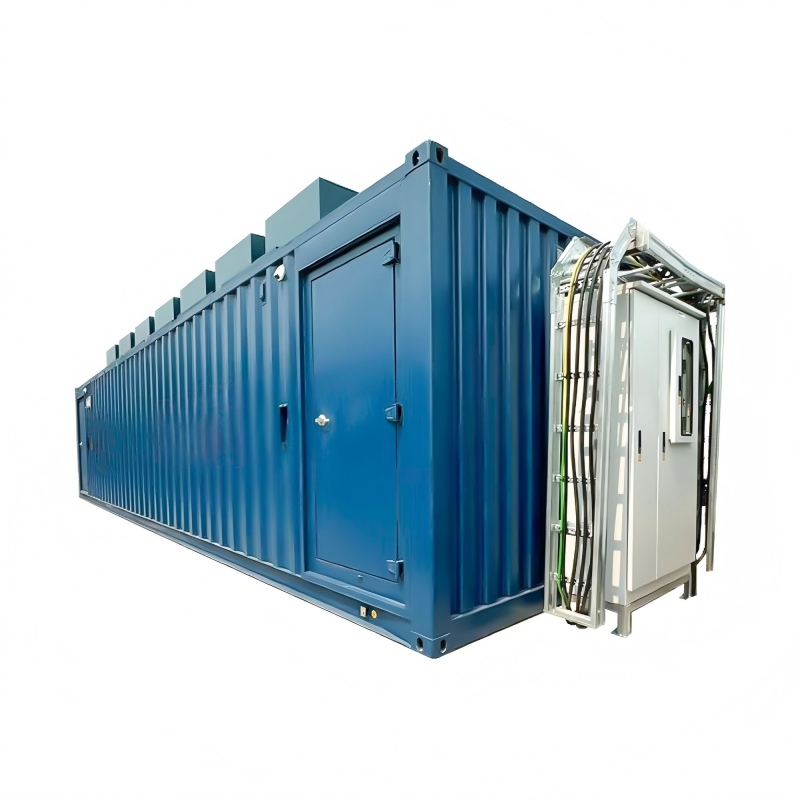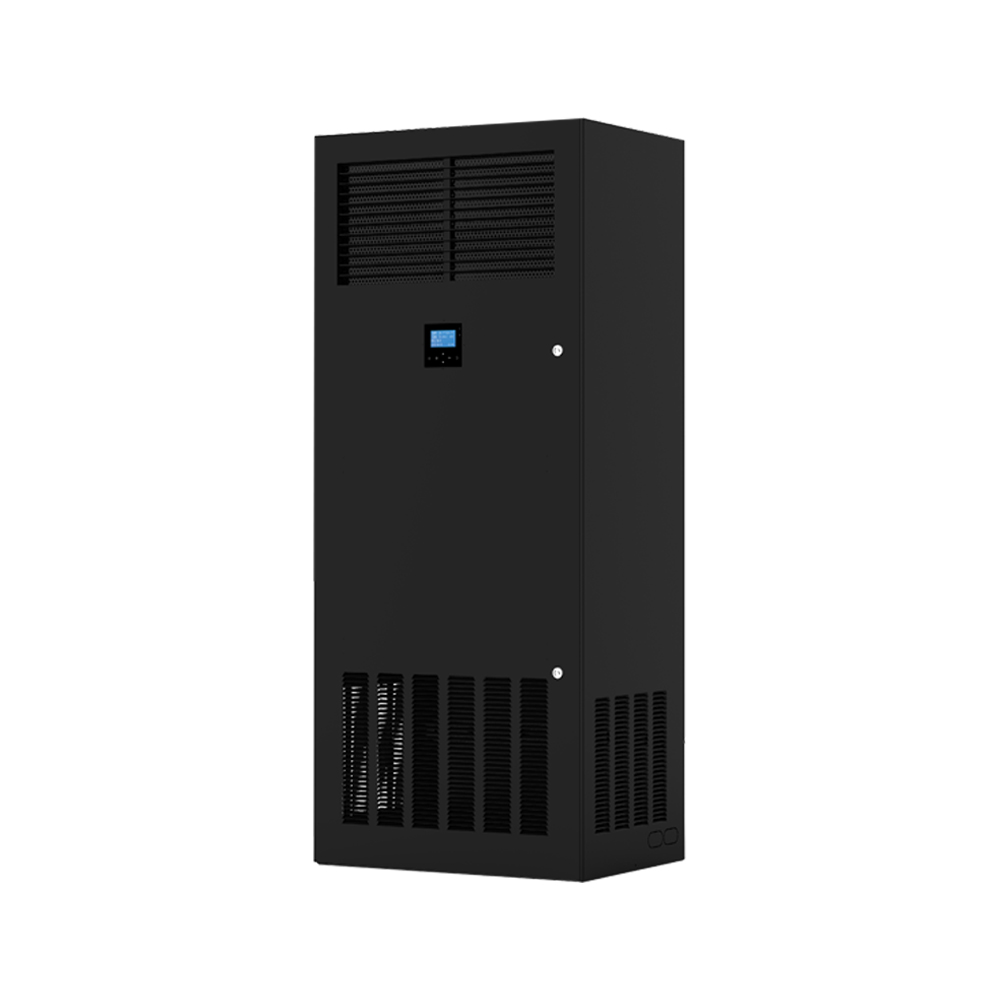This guide helps you navigate the complexities of choosing a crossflow cooling tower supplier, providing insights into key factors to consider for optimal performance and long-term value. We'll explore various types of towers, crucial specifications, and essential questions to ask potential suppliers.
Understanding Crossflow Cooling Towers
What are Crossflow Cooling Towers?
Crossflow cooling towers are industrial cooling systems that utilize a crossflow air and water arrangement for efficient heat dissipation. Air flows horizontally across the water flow, maximizing contact and heat transfer. This design often leads to smaller footprints compared to other tower types, making them suitable for various applications and space-constrained installations. They're commonly used in industrial processes, HVAC systems, and power generation, offering reliable and effective cooling solutions.
Types of Crossflow Cooling Towers
Crossflow cooling towers come in various sizes and materials, each suited for specific applications. You'll find options made from fiberglass, galvanized steel, and even concrete, each with its own advantages regarding durability, corrosion resistance, and cost. The size and capacity will vary widely, from smaller units for localized cooling to massive industrial-scale systems. Consider your specific cooling needs and environmental conditions when choosing the appropriate type.
Choosing the Right Crossflow Cooling Tower Supplier
Key Factors to Consider
Selecting a reputable crossflow cooling tower supplier is crucial for a successful project. Look for suppliers with a proven track record, strong customer support, and a commitment to quality. Inquire about their experience with similar projects, their warranty policies, and their ability to provide ongoing maintenance and service. Consider factors like lead times, installation support, and the availability of spare parts. A reliable supplier will be a valuable partner throughout the entire lifecycle of your cooling tower.
Essential Questions to Ask Potential Suppliers
Before committing to a supplier, ask specific questions to clarify their capabilities and offerings. Inquire about their design process, manufacturing capabilities, and quality control measures. Ask about their experience with your specific industry and application. Confirm their ability to meet your project's timeline and budget. Don't hesitate to ask for references and testimonials from previous clients.
Specifications and Considerations
Capacity and Performance
The capacity of the crossflow cooling tower must match your cooling needs. Consider factors like the temperature of the inlet water, the desired outlet temperature, and the ambient air conditions. A thorough assessment of your cooling requirements is essential to determine the appropriate tower size and capacity. Oversizing or undersizing can negatively impact efficiency and operational costs.
Materials and Construction
The choice of materials impacts the tower's durability, corrosion resistance, and lifespan. Fiberglass towers are known for their corrosion resistance and lightweight design. Galvanized steel towers offer a balance of strength and affordability. The specific climate and environmental conditions will influence the optimal material selection. Consult with experienced crossflow cooling tower suppliers to determine the best material for your project's needs.
Maintenance and Service
Proper maintenance is crucial for extending the lifespan and efficiency of your crossflow cooling tower. Inquire about the supplier's maintenance and service offerings, including routine inspections, cleaning, and repair services. A comprehensive maintenance plan can prevent costly repairs and ensure optimal performance over time. A good crossflow cooling tower supplier will offer service contracts to keep your system running smoothly.
Comparing Suppliers: A Table
| Supplier | Capacity Range | Material Options | Warranty |
| Supplier A | 10-1000 tons | Fiberglass, Galvanized Steel | 1 year |
| Supplier B | 50-500 tons | Fiberglass | 2 years |
| Shanghai SHENGLIN M&E Technology Co.,Ltd https://www.ShenglinCoolers.com/ | Customizable | Fiberglass, Galvanized Steel, Concrete | Contact for details |
Note: The information in the table above is for illustrative purposes only. Always contact suppliers directly for accurate and up-to-date information.
Choosing the right crossflow cooling tower supplier requires careful consideration of various factors. By understanding your cooling needs, asking the right questions, and comparing different suppliers, you can ensure a successful project that meets your requirements and budget. Remember to prioritize quality, reliability, and long-term value when making your selection.









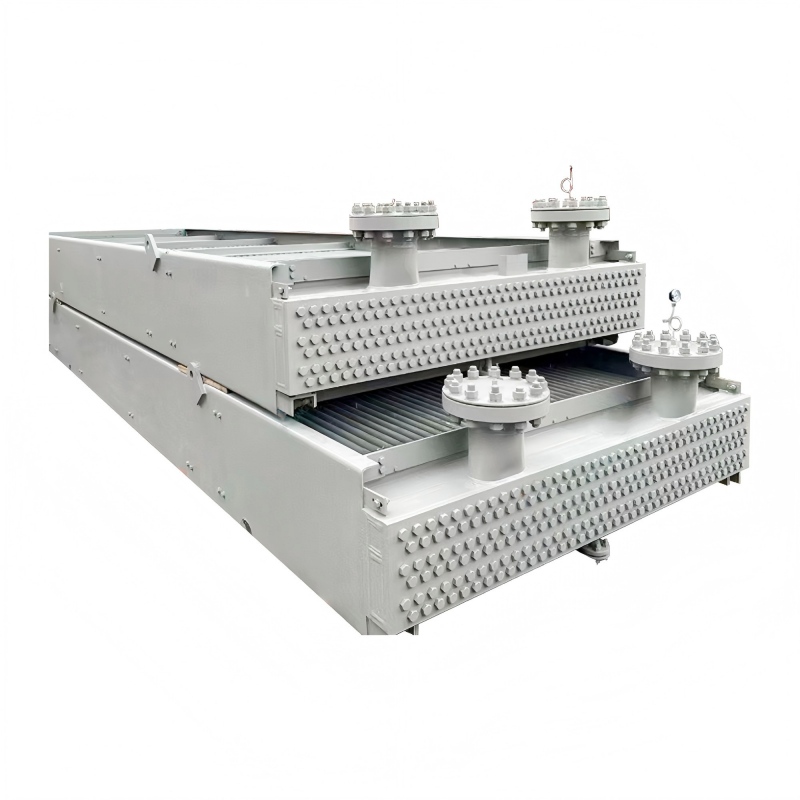
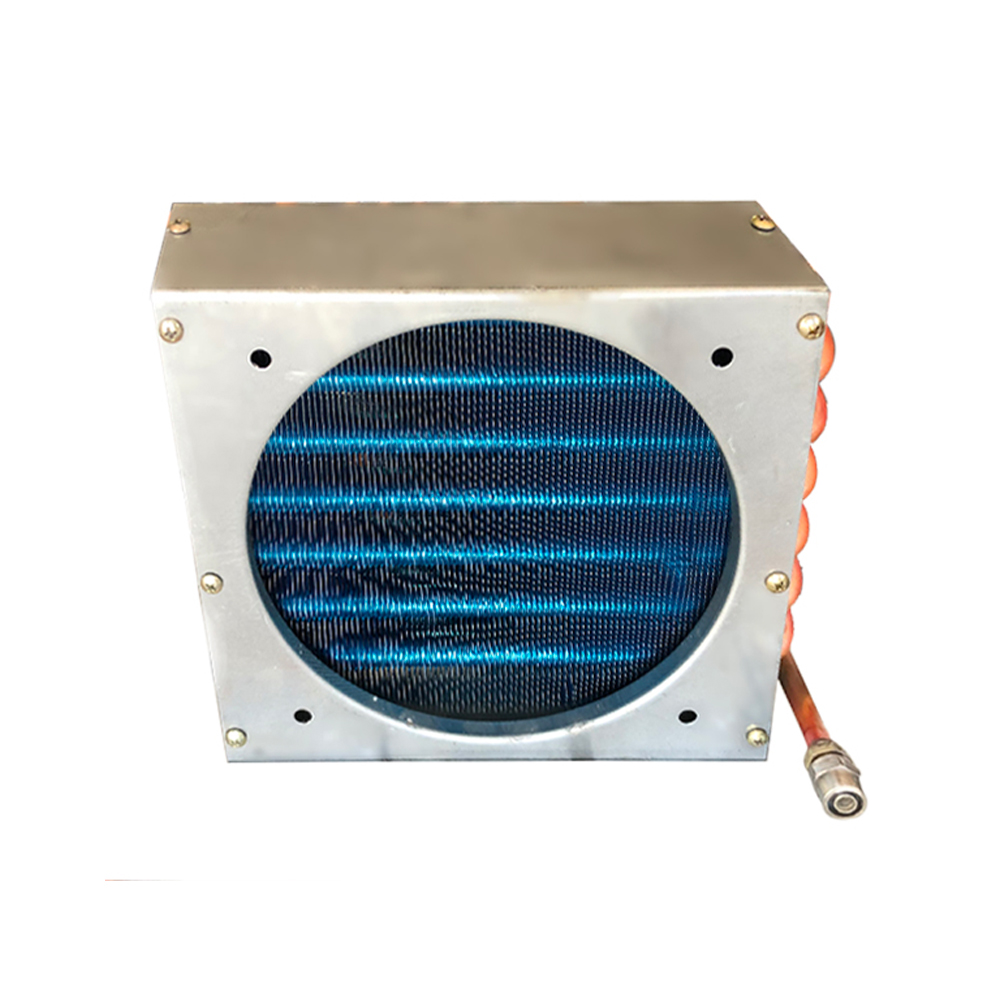
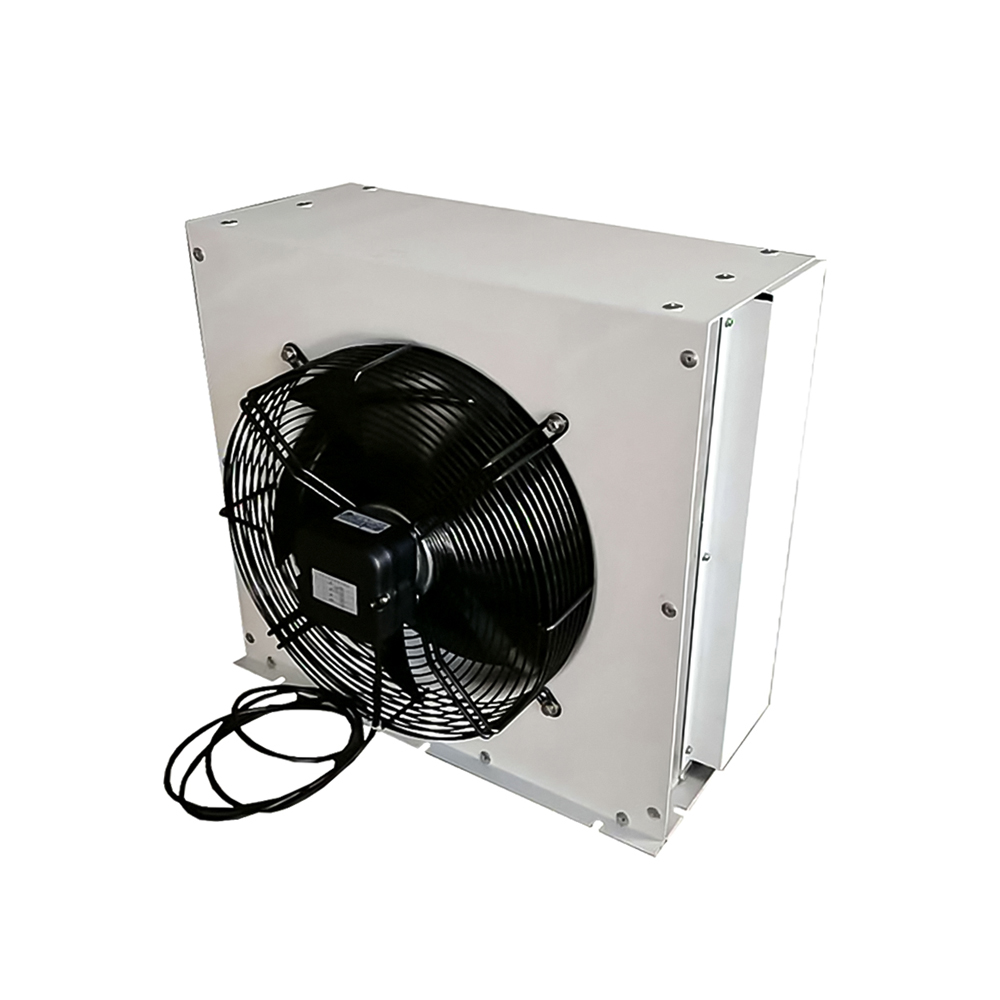
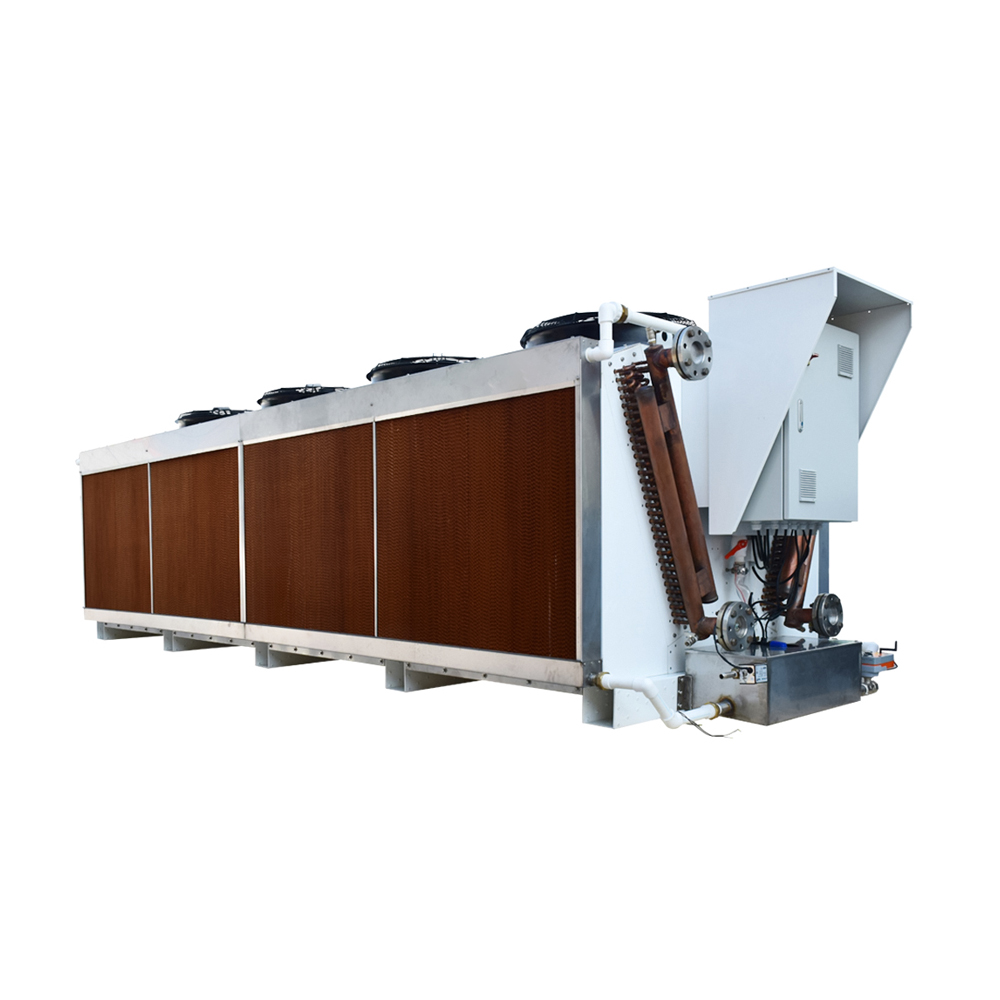
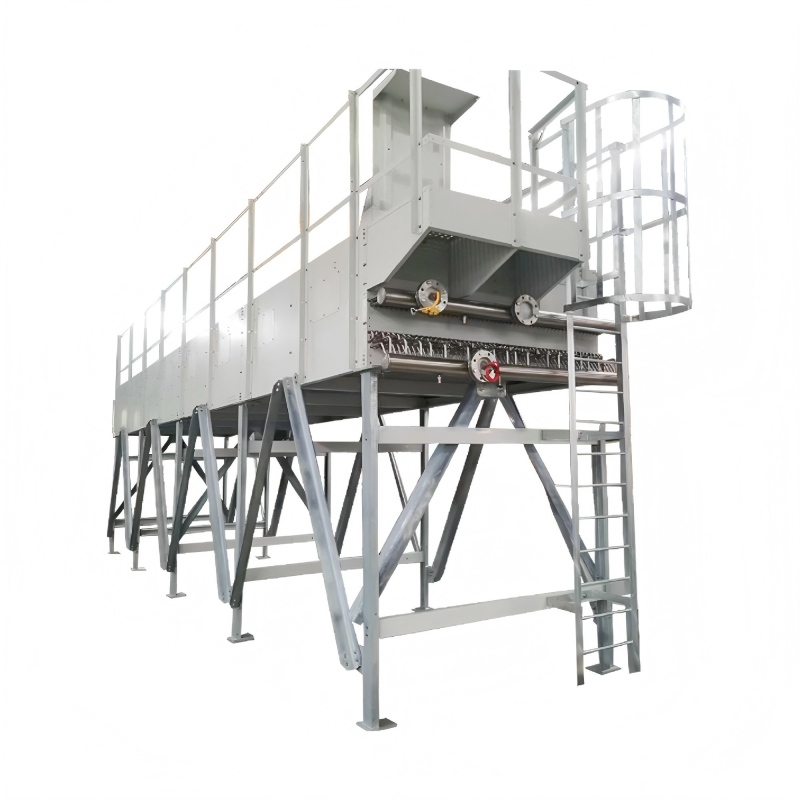
.jpg)
